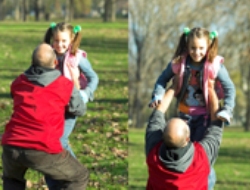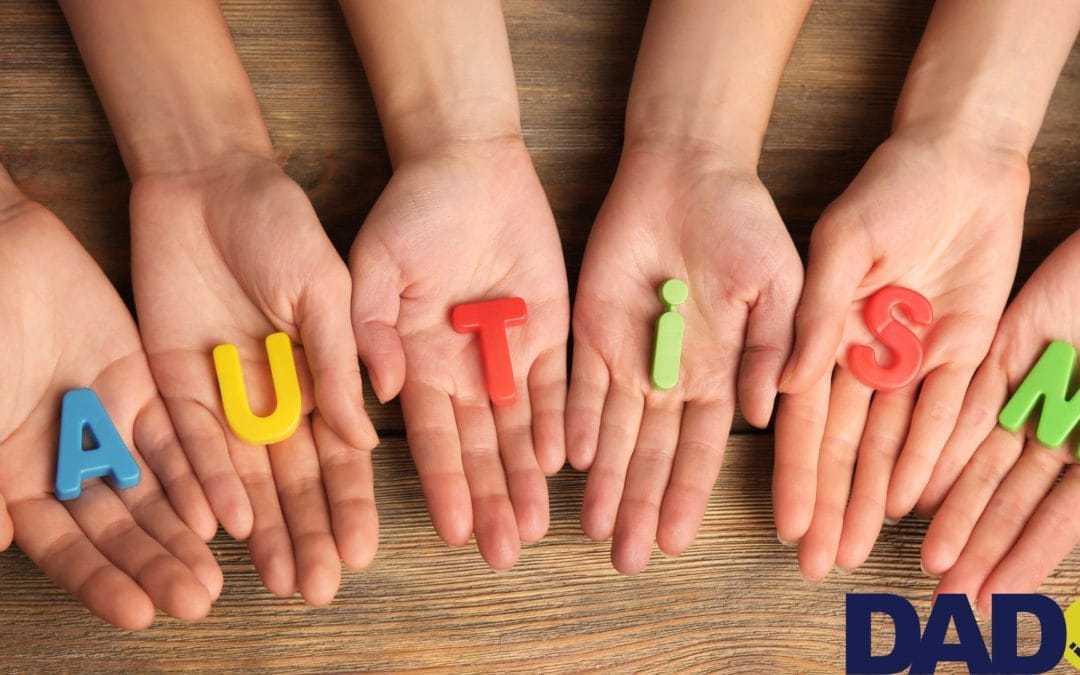
As I watch my children grow I am often reminded of the differences between the way their Mum relates to them and the way I do it in my Dad role.
Many years ago I saw a documentary about the different roles played by ‘Mums’ and ‘Dads’ in a child’s life. The image that stuck was one of a little boy nervously clambering up a playground climbing frame for the first time. Mum was at the bottom calling up to him: ‘be careful, watch where you put your feet, don’t rush it, take your time…’ and Dad was shouting out: ‘Go on, you can do it, what a boy, well done, reach for it!’
This image has stayed with me, and as I watch my children grow and explore the world I am often reminded of the differences between the way their Mum relates to them and the way I do it in my ‘Dad’ role. Neither role is more important than the other – they are just ‘different.’
Increasing research shows that a dad’s role is unique and in many ways complementary to mums. Mums and dads are both important, as both help bring wholeness to their child’s short and long term development.
Ask any child: What is the difference between a ‘Mum’ & a ‘Dad’ – and I guarantee you will get some fascinating (& often hilarious) answers – check these out:
• Dads normally go out to work and you come out of your mummy’s tummy
• Mummies are smaller and Daddies are bigger
• Dads have fun & Mums don’t
• Mummies smell nice, and daddies have spikey faces
But more seriously, from educational achievement to emotional maturity and healthy self esteem, the contribution that dads make to the life and the development of their children is distinctive and enduring. Being a good role model is a crucial and foundational part of that influence.
My children learn how to treat others by watching me; they learn how to deal with emotions such as anger and disappointment by seeing how I do it. Do I reach for chocolate or beer when I feel low, do I snap at those around me or am I able to process my feelings and move on in a healthy way? Do I swear, do I use derogatory terms about certain people groups, am I charitable, do I have a healthy lifestyle?
I am their role model, their expression of the norm. If I model how to apologise by saying sorry to them when I’m wrong or get annoyed, then they not only see a model but learn that such behaviour is the norm. Many dads teach their children basic DIY or car maintenance which gives them skills for life: being a role model is an extension of this mentoring.
Some may argue that being open and vulnerable with our feelings or responses to life could make us seem weak to our children. But being a role model is about teaching by example. By sharing our lives with our children and being open and honest, they can learn the social skills and problem solving that lead them towards adulthood. We do this of course in an age-appropriate manner and style which doesn’t overburden them, we share what they can understand and cope with. My conversation with a four year old would be very different to a teenager.
We might look at ourselves and think “OK, I’m not a great role model, is it too late to change, can a leopard really change its spots? Change starts when we own up to what needs changing. To have a conversation with our kids that says: “I didn’t handle that well, my response to that situation isn’t something I want you to see as the right behaviour, sorry. Let’s look at how we should have handled that” doesn’t show weakness but strength of character.
So how can dads be role models? Simply by living lives that are an example of the type of character, behaviour and values they wish their kids to emulate as adults themselves.






